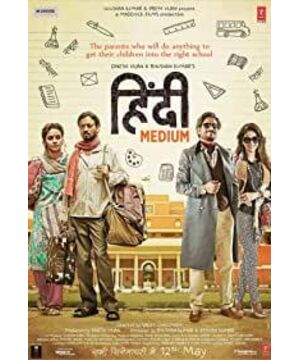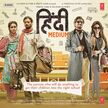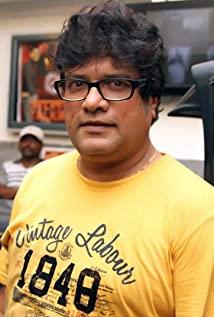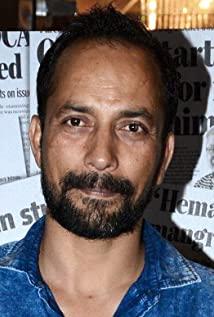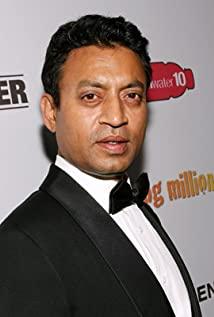I thought it was a comedy about how to be a "chicken baby", but I cried when I didn't expect it.
The film throws several questions and gives what appears to be the best solution within the plot.
The son of a tailor shop owner, after growing into a wealthy man, is still confined to the merchant class. An anxious wife wants her daughter to break this rigid class, starting from elementary school. The best is a private school, but it is difficult to apply for and requires parental interviews. Even though the couple made great efforts to hire a consulting firm to teach by hand, their daughter's admission still ended in failure.
Why is there such a result?
Resources are always scarce in the market, and those with higher prices will get them. Education is also a market. If it is a free competition market, then there is a high probability that whoever has the money will have such a high-quality resource, which may be the case in early private schools; then, as there are more and more rich people, the cost of free competition is getting higher and higher. In the circle of limited resources, if no one quits, they have to find a way to prevent others from entering easily, so the vested interests tend to defend their "rights", adding new rules to the access rules of money—— Parent interviews and children's extracurricular activities review to clearly identify the same class.
The greedy capitalist class, is this fair?
If resources are still scarce, then this is called "fairness"! Because this is a zero-sum game, resource owners must defend their rights at the expense of depriving others of their rights to own resources.
In the past 40 years, the university education in our country is intensifying this competition and scramble, and the starting line is getting farther and farther from the starting point.
The expansion of university education has enabled a large number of second-generation farmers/lower class to jump into their own class, which is a good thing, because the construction of New China needs a group of outstanding talents to supplement. However, there are too many people. After this group of people, their children's educational resources are not enough . Therefore, there will be two paths: inward competition - set up rules, household registration and school districts are the products of such rules, and even the next step is diverted to professional education; outward competition - to snatch foreign educational resources , immigrants and Chinese-style tiger mothers are such products.
The higher price or the additional rules/involutions, which is better?
Judging whether it is good or bad depends on the evaluation criteria. If the social labor efficiency is optimal, the higher price will undoubtedly be better; because it encourages people to work and create wealth. Any new additional rules will cause people to inflict internal friction and consume wealth to meet the rules. However, if it is evaluated in terms of social stability, it may be better to add rules, because it can make the game stable for a longer time: the high price is too direct, and the strong Matthew effect will make a large number of people quickly fall into the lower class There is no hope of breaking the wall, which in turn leads to Revolution and reshuffling; and the constant addition of rules is constantly dividing the head stratum with vested interests, constantly generating middle strata to avoid direct confrontation, and greatly delaying the arrival of the reshuffle. The real world is more complex, and it is often the combination of high prices and rules, or even more.
Off topic, will Shenzhen's educational resources catch up with the latecomers?
Yes, because Beijing and Shanghai are setting up more rules, and Shenzhen, after the crazy housing prices that ordinary people can't understand, is the carnival of the local education circle. The influx of many rich people makes the mediocre educational resources have to match theirs. need. Looking at it this way, it is not difficult to understand the high salary and benefits of teachers in Shenzhen, as well as the excellent educational experience. And this kind of enough money to push back educational resources from mediocre but readily available to expensive and scarce is another choice for the protagonist of the film, which looks beautiful.
The protagonist and his wife experienced many twists and turns, pretending to be poor and occupying a small number of RTE (Right to Education) directional places in the TOP private school, and finally got what they wanted and entered the TOP school. However, after the turn of the gods, the protagonist finally found in his conscience that after a seemingly tragic and relieved operation, he resolutely transferred his daughter to a public school and donated money to transform the hardware environment of the school. So far, Happy Ending.
But is this the optimal solution?
No, this is just another public school where educational resources are about to become scarce. Everything has just begun. Of course, the film also touches on India's voice distinction between classes, the difference between the rich and the poor, etc., but it has not been expanded and cannot be expanded.
At first glance, I am happy and relieved, and the three views are positive; after thinking about it, I am helpless after all.
How to love life after seeing the truth of life?
View more about Hindi Medium reviews


